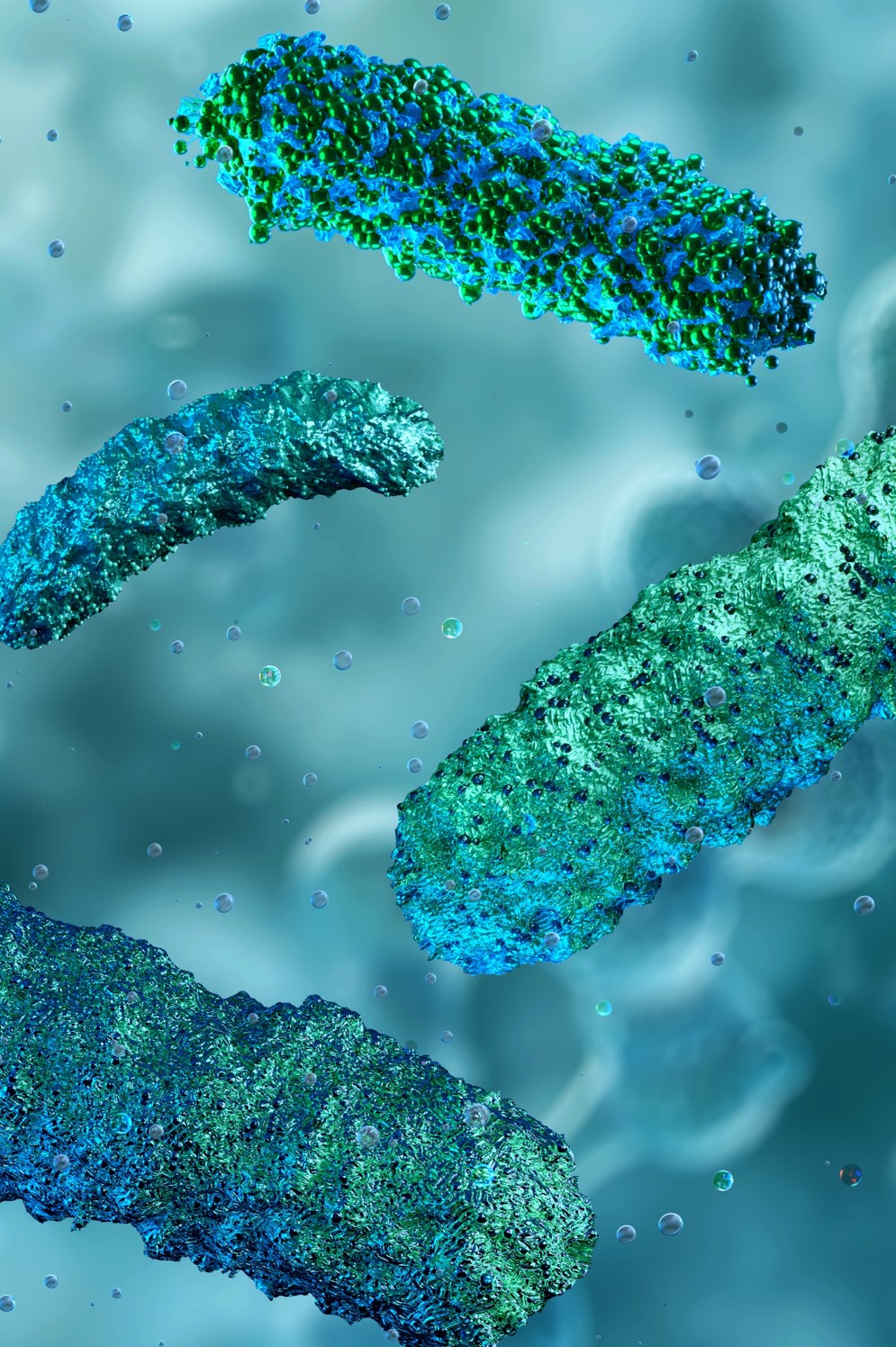Protecting gut microbiota from antibiotics

Whilst effective in combatting bacterial infections, antibiotics can disturb the natural balance of gut microbiota. Long term effects can include decreased microbial diversity and the establishment of bacterial strains that are resistant to antibiotics. An imbalance of gut flora has also been linked to a range of chronic health conditions. Strategies to protect the gut microbiome are becoming increasingly important.
A new study has explored the potential of sulfated polysaccharides to provide protection against broad-spectrum antibiotics. After examining more than 20 different dietary fibres using in vitro techniques, the research team found that fucoidans provided the most effective broad-spectrum protection against multiple classes of antibiotics on human gut bacteria. The study also showed that fucoidans offer protective effects for faecal communities ex vivo. Furthermore, in an animal model, they assisted the recovery of gut microbiota following antibiotic treatment in vivo.
The findings of the study suggest that fucoidans may ‘serve as a potential intervention to help protect gut microbiota during antibiotic therapy.’ Some of the fucoidans utilised in the study were high purity extracts from Undaria pinnatifida and Fucus vesiculosus produced by Marinova.
The paper, ‘Sulfated dietary fibre protects gut microbiota from antibiotics’ was published in Microbiome.